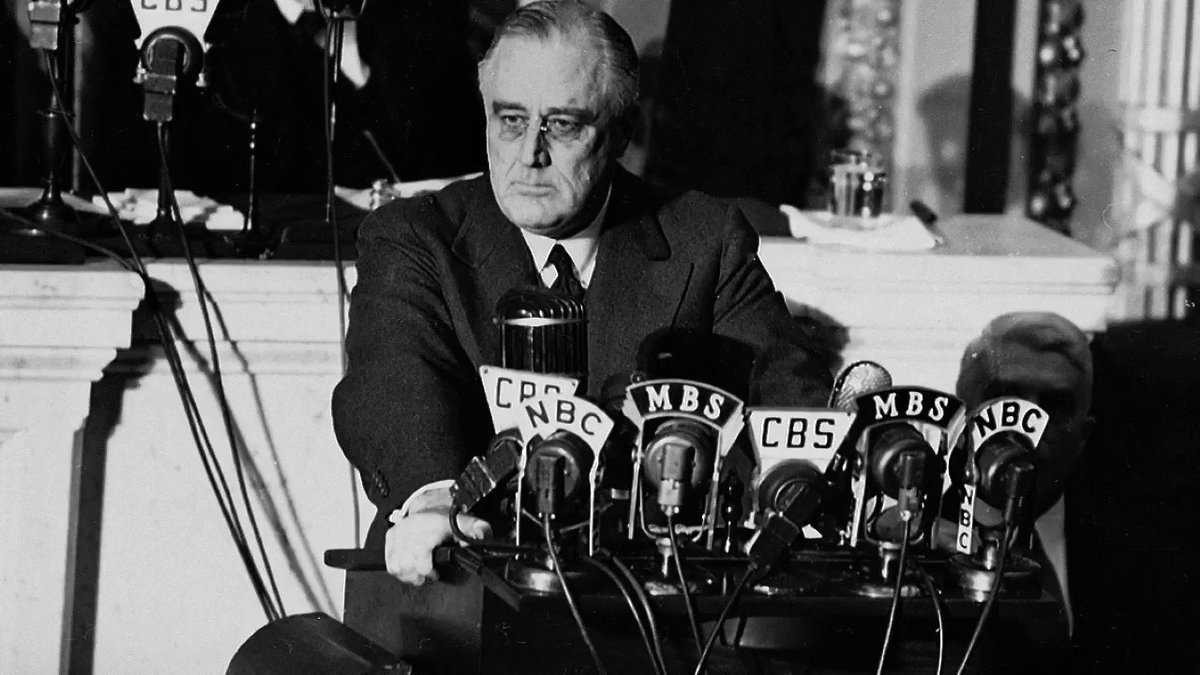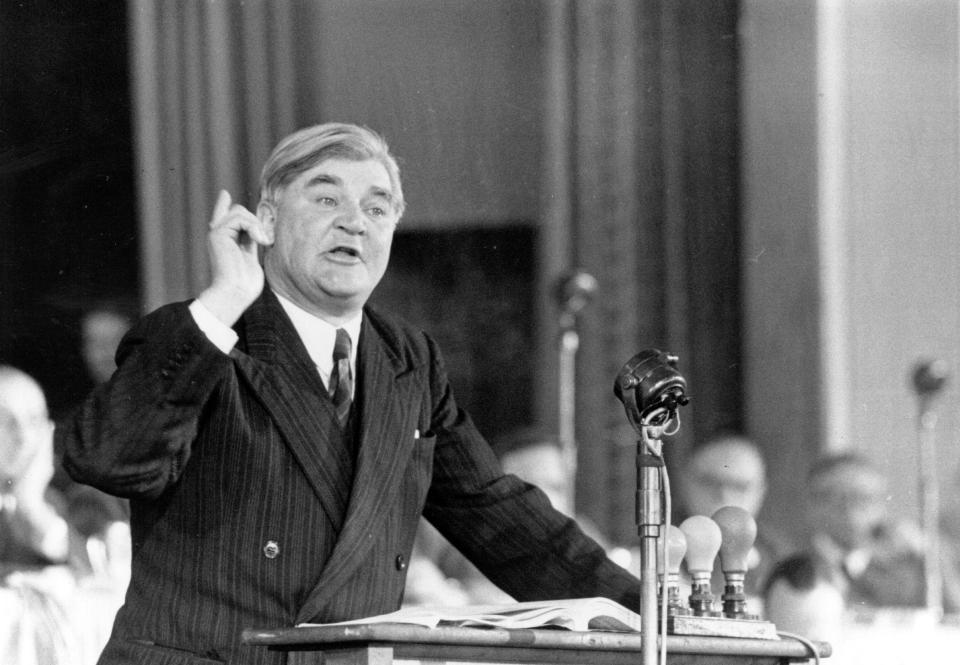"The Nazis were able, ultimately to establish anti-Communism as a religion, immune from inquiry and defensible by definition alone.
'Were you ever cheated by a Jew?'
'No, but that was because I was warned and was careful.”
…
When I said 'No,' he asked me what I had done about it.
When I said “Nothing,” he said triumphantly…
…
/END – edited for clarity only










